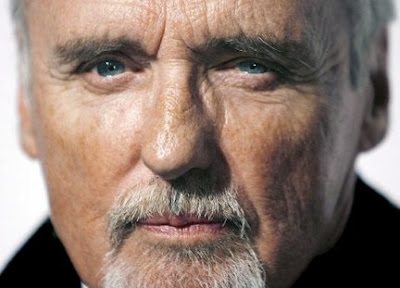September 19th, 2011 by KennyLinMD in Health Policy, True Stories
No Comments »

Flashback to summer of 2008. I’m looking forward to August 5–the day that I’ll no longer be a faceless bureaucrat. The day that the US Preventive Services Task Force (USPSTF) will issue its new recommendations on screening for prostate cancer–recommendations I’ve labored on as a federal employee for the past year and a half.
For much of 2007 I combed the medical literature for every study I could find on the benefits and harms of prostate cancer screening. In November of that year I presented my findings to the USPSTF, a widely respected, independent panel of primary care experts. They discussed and debated what the evidence showed and then voted unanimously to draft new recommendations. I didn’t get to vote, but it has been my job in 2008 to shepherd the draft statement and literature review through an intensive vetting process and to finalize both.
As August 5 approaches, my colleagues in public relations warn me that the last time the USPSTF said anything about prostate cancer screening, the phones started ringing off the hook. I’m not so secretly hoping that the same will happen this time.
And I’m not disappointed! After we release the statement, Read more »
*This blog post was originally published at Common Sense Family Doctor*
January 19th, 2011 by GarySchwitzer in Better Health Network, Opinion
No Comments »

That’s the question Dartmouth’s Dr. Gil Welch asks in a column on the CNN website. He reflects on [recent] news about a test in development that might find a single cancer cell among a billion healthy ones — as so many news stories framed it. Welch analyzes:
“But it’s not that simple. The test could just as easily start a cancer epidemic.
…
Most assume there are no downsides to looking for things to be wrong. But the truth is that early diagnosis is a double-edged sword. While it has the potential to help some, it always has a hidden side-effect: overdiagnosis, the detection of abnormalities that are not destined to ever bother people in their lifetime.
Becoming a patient unnecessarily has real human costs. There’s the anxiety of being told you are somehow not healthy. There’s the problem that getting a diagnosis may affect your ability to get health insurance. There are the headaches of renewing prescriptions, scheduling appointments and keeping them. Finally, there are the physical harms of treatments that cannot help (because there is nothing to fix): drug side-effects, surgical complications and even death. Not to mention it can bankrupt you.
Americans don’t need more diagnoses, they need the right diagnoses.
I don’t know whether this test will help some patients. It might, but it will take years to figure that out. Read more »
*This blog post was originally published at Gary Schwitzer's HealthNewsReview Blog*
June 8th, 2010 by Toni Brayer, M.D. in Better Health Network, Health Tips
No Comments »

 When Dennis Hopper died of prostate cancer at age 74, my husband asked me: “Hey, I thought prostate cancer is slow-growing and doesn’t kill men.”
When Dennis Hopper died of prostate cancer at age 74, my husband asked me: “Hey, I thought prostate cancer is slow-growing and doesn’t kill men.”
Well, he’s right about it usually being slow-growing, but prostate cancer is still the second leading cause of cancer death in men. His question made me realize that there are some facts that everyone should know about prostate cancer. Read more »
*This blog post was originally published at EverythingHealth*





 When Dennis Hopper died of prostate cancer at age 74, my husband asked me: “Hey, I thought prostate cancer is slow-growing and doesn’t kill men.”
When Dennis Hopper died of prostate cancer at age 74, my husband asked me: “Hey, I thought prostate cancer is slow-growing and doesn’t kill men.”







